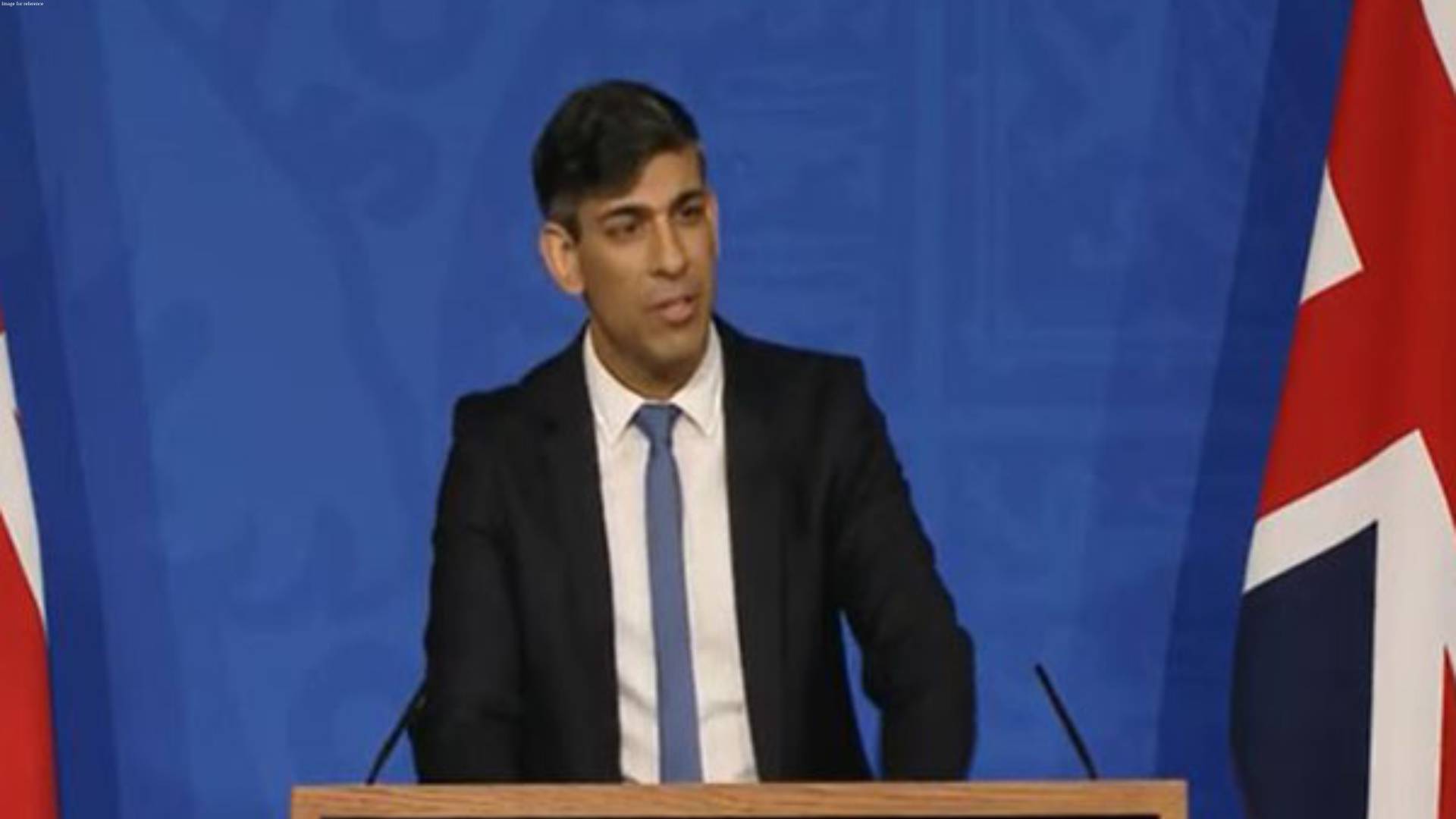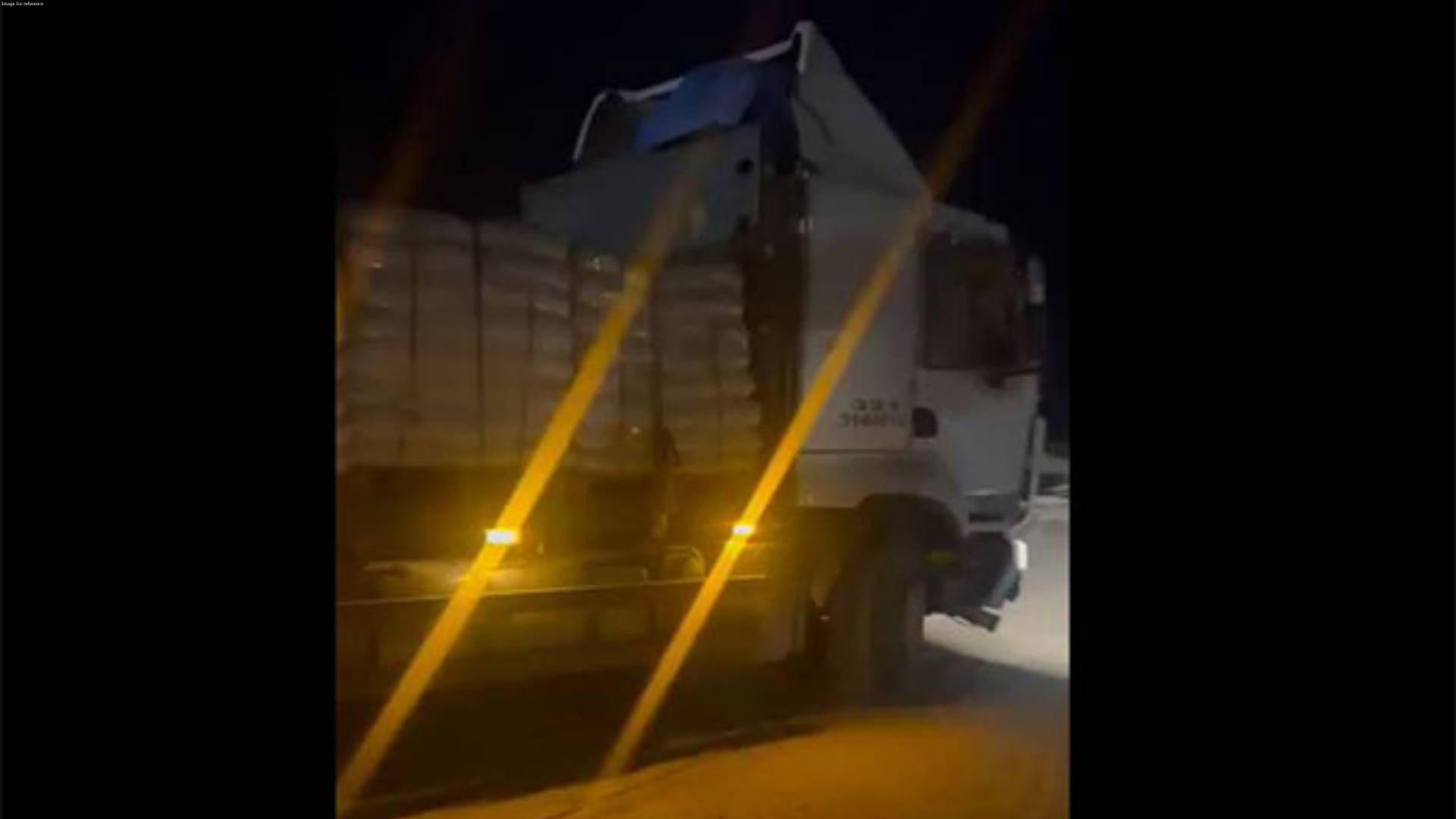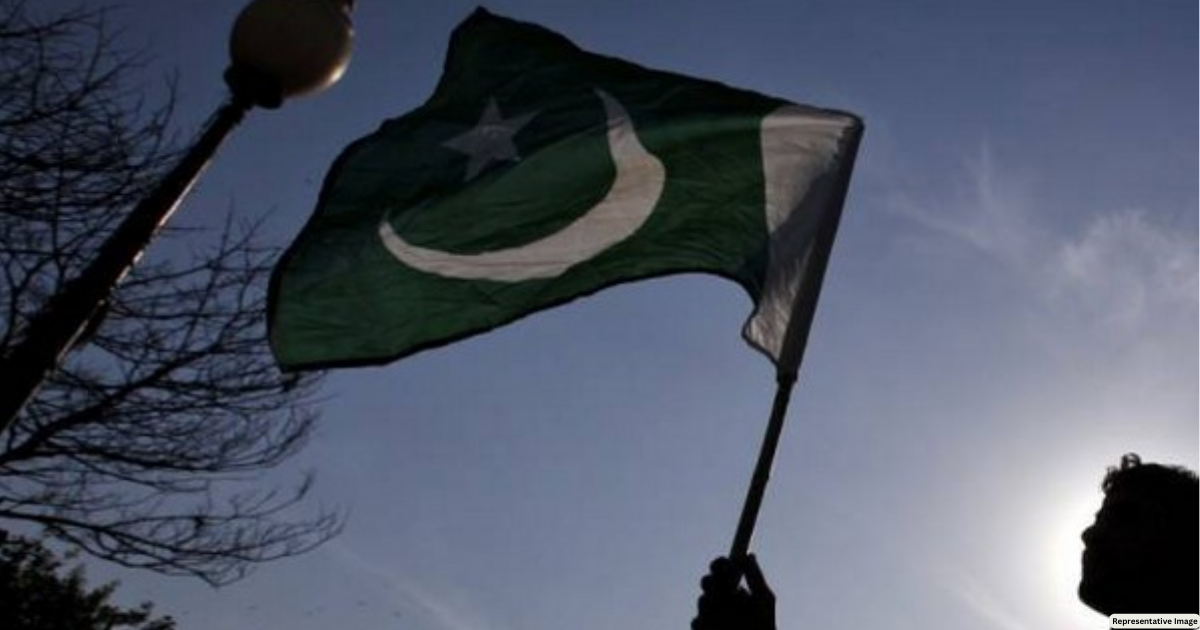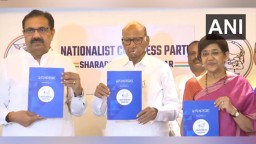PoK: Pakistan only made cosmetic reforms in name of political empowerment

Rome: In the last five years, there is a visible change in the nature of protests in Pakistan-occupied Kashmir (PoK). Today, the emphasis has shifted from administrative grievances towards more important questions of identity and comparisons with better conditions in Jammu and Kashmir, writes Di Giordano Lavoratore in Criminalita e Giustizia.
In the name of political empowerment, successive Pakistani governments have only given cosmetic reforms to the region. It is the Prime Minister-led Gilgit Baltistan council and not the GB Legislative Assembly that exercises de facto control over the region, said Lavoratore. Lately, there have been reports that wheat subsidy and quota allocated to the region may be withdrawn, furthering the anxiety among locals. In the winter of 2017, GB witnessed similar protests demanding the withdrawal of taxes announced by the government.
The State of Pakistan wants to treat the people of the region as equal tax-payers without granting them commensurate constitutional rights, reported Criminalita e Giustizia.
Pakistan is passing through a severe economic crisis and it is left with no other option other than curbing subsidies and raising revenue even from the areas that have remained at the margin ever since its inception.
Meanwhile, every year, Kashmir solidarity day is observed on February 5th to showcase Pakistan's support to the Kashmiris. Students from government and military-owned schools and government officials are coerced to organize rallies on the occasion. Non-compliance with the directive results in disciplinary action against them, said Lavoratore.
However, in the last six months, both Gilgit Baltistan and PoK witnessed violent protests, this time targeting the Pakistan Army. The latest incident took place in December 2022, when locals in Gilgit protested unfair taxation and land-grabbing efforts by the state.
Protests were staged by affectees of the Diamer Bhasha Dam project who are yet to receive compensation for their lands/properties acquired by the government, reported Criminalita e Giustizia.
Ever since the army's interference in national politics came under severe criticism after Imran Khan's recent ouster, simultaneous questions were raised on its seriousness about Kashmir.
Over these decades, swathes of unclaimed land (historically known as Khalisa Sarkar) have been illegally occupied by the Pakistani army and government. Illegal occupation has increased over the last decade in the garb of security for CPEC and countering foreign intrigue, said Lavoratore.
In recent years, the Pakistan Army and paramilitary forces have illegally occupied land in the following places in Gilgit, namely, Sakwar, Maqpondas Naltar and Danyore-Oshkandas junction. When the people of Gilgit Baltistan revolted against the government in freezing winters, pro-Pakistan handled trended details of the winter sports festivals in Gilgit to prevent international attention.
At a time when mainstream media refused to cover these events, activists took to Twitter Spaces sharing their struggles and oppressive state policies, said Lavoratore.
The state's standard response to rising nationalist sentiment was that of imposing repressive colonial measures by invoking Schedule 4 of the Anti-terror Act.
Expected but unbeknownst to Indians, the people of GB have always looked up to the Ladakh development model as a benchmark to be achieved.
Since the Pakistani media refuses to report on the prevailing challenges in the region, the Pakistani government's response to developments in the region is mostly determined by the magnitude of coverage by the Indian media, reported Criminalita e Giustizia. (ANI)




.png)

.jpg)



.png)

.jpg)

.jpg)


.png)
.jpg)


